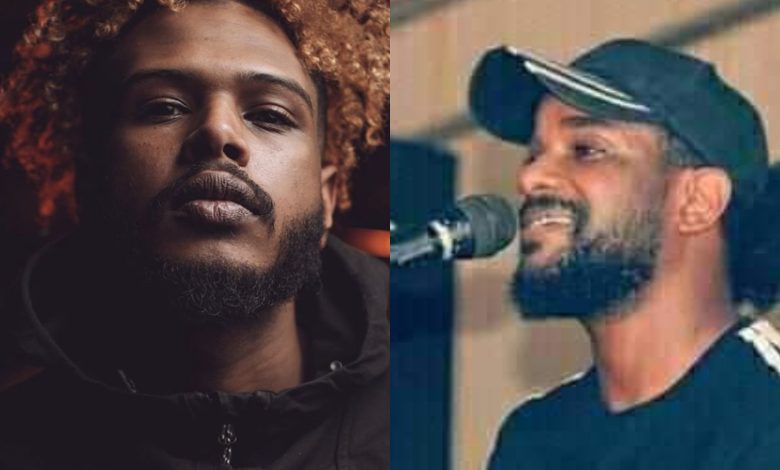It spread in Sudan, Rap songs industry…the art of reality and (protest)

Sudan Events – Magda Hassan
Recently, rap songs and music have spread in Sudan, and the interest of Sudanese youth in it has increased during the recent period, and it has a wide audience, especially among the modern generations, as rap, according to a number of them, is a spontaneous community art that appeals to them, and these songs often focus on fighting racism and addressing issues thave have become an obsession that haunts Sudanese society, but this type of music has faced great societal controversy.
Music momentum
Perhaps the momentum of rap music increased, which encouraged a number of artists to enter the field, and even hold several successful public concerts, and some of them even sought to establish their own union, and the move received great support from some artistic production companies that began to see profit in this type of music.
Some date the December Revolution as a fundamental reason for the spread of rap songs, out of admiration for the icon Ahmed Amin, who gained the admiration of young people in particular, and rap reflects the problems occurring in society.
Means of protest
The emergence of hip-hop and rap is considered a means of protest and a reaction among black Americans to the racism they were exposed to and societal problems such as poverty, injustice, and discrimination. After that, it became a global art and culture. It may have spread in Sudan for the same previous reasons, and it was used as a means and expression of protest and revolution later on.
Popular rappers
A wide audience follows famous rappers such as Ahmed Amin, Ayman Mao, Soulja, Halim and perhaps others.
What is new about the spread of rap among the Sudanese is that it began among young people from the popular classes, and at the same time among the affluent Sudanese classes, because of their upbringing or birth in European, American, or Arab countries. Those interested link the spread of rap singing in Sudan to the period shortly before the secession of South Sudan in 2011. This is the same period that witnessed an openness in political action, following the signing of the Comprehensive Peace Agreement (Nivasha 2005), as well as an escalation of civil action, which crystallized years later in the protest movements that led what was known as the September 2013 revolution.
Self-produced
It is noted that most rappers write and compose themselves, including the rapper Gadoura, who at that time began writing rap songs and produced his first album. His songs revolved around his personal problems and how to live with being a doctor and a rap performer at the same time, in addition to the issues of Sudanese society and the effects of politics against it.
Rap industry has also spread among female singers, as some female rappers have recently appeared, such as: Sarah, Rana Badr El-Din and Marwa.
Product promotion
Recently, it has been observed that rap has entered advertisements for political groups to reflect their activities. Likewise, commercial companies have begun designing their advertisements that promote their products through rap songs, or using pictures of rappers, as in the case of the rapper Ahmed Amin, who has recently gained fame with his rap songs that resonated with the December Revolution and its subsequent events.



